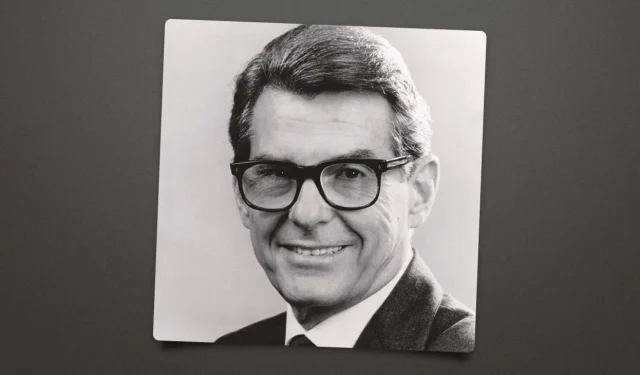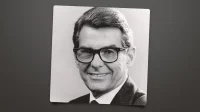Remembering Richard Kahn: A Legacy in Film and the Academy
Richard Kahn, the former president of the Academy of Motion Picture Arts and Sciences (AMPAS), has passed away at the age of 95. Kahn’s tenure at the Academy included the infamous 1989 Oscars, remembered predominantly for the controversial Rob Lowe-Snow White musical number. His daughters, Sharon Kahn and Lisa Kahn Feldstern, confirmed his death on Saturday in Los Angeles, stating, “Our dad had a kind and generous soul and a wry sense of humor and was a wonderful father. We will miss him dearly.”
A Groundbreaking Career in Public Relations
Kahn made history as the first president of AMPAS to emerge from its public relations division, taking the helm in August 1988 after director Robert Wise. He served a one-year term before being succeeded by actor Karl Malden. During his time with the Academy, Kahn was instrumental in establishing the elegant Oscar Nominees Luncheon, which has been a staple of the Academy Awards since its inception in 1982. He also introduced the tradition of giving each nominee a sweatshirt emblazoned with the Oscar logo, further enhancing the celebratory atmosphere of the awards.
The 1989 Oscars: An Infamous Telecast
The 1989 Academy Awards, produced by Allan Carr, achieved a remarkable television rating of 29.8. However, this event is primarily remembered for its excessive and controversial 15-minute opening performance featuring Rob Lowe and an actress dressed as Snow White. The production involved not only dancing tables but also Merv Griffin performing his classic song “I’ve Got a Lovely Bunch of Coconuts,” alongside a parade of aging Hollywood stars. This audacious number culminated with Lowe, who had never sung publicly before, and Snow White interpreting “Proud Mary.” Kahn remarked that the performance divided audiences: “People either liked it very much or they disliked it very much.”
In the aftermath, the Walt Disney Company filed a lawsuit against the Academy, claiming the segment “abused and irreparably damaged” Snow White’s image. This led to a public apology from the Academy regarding the unauthorized use of the character, as they unintentionally implied Disney’s involvement in the performance. A group of 17 eminent Hollywood figures, including legends such as Julie Andrews and Billy Wilder, condemned the number, calling it “an embarrassment to both the Academy and the entire motion picture industry.” In response, Kahn established a committee to evaluate future Oscar telecasts, reflecting his commitment to upholding the Academy’s reputation.
A Distinguished Career in Film Marketing and Academia
Born on August 19, 1929, in New Rochelle, New York, Kahn embarked on a two-decade career in advertising and publicity after graduating from the University of Pennsylvania’s Wharton School and serving as an officer in the U.S. Navy during the Korean War. His time at Columbia Pictures saw him promote iconic films such as The Bridge on the River Kwai (1957), Lawrence of Arabia (1962), and Dr. Strangelove (1964).
In 1975, Kahn joined MGM, eventually rising to the role of president of MGM International and later serving as executive vice president of marketing for the newly combined MGM and United Artists. His influence was pivotal in crafting campaigns for cherished films, including The Sunshine Boys (1975) and Fame (1980).
A dedicated AMPAS member since 1964, Kahn served on various committees and held several key positions, including vice president and governor. He played an essential role in launching the Academy’s new member receptions, which continue to be celebrated worldwide. In 1983, he co-founded a film marketing consultancy with his wife, Marianne, and taught at USC’s Peter Stark Producing Program until 1989.
A Lasting Impact on the Academy
As executive chairman of the Film Information Council from 1985 to 1995, Kahn further solidified his influence within the industry. His myriad contributions earned him The Hollywood Reporter’s Key Art Pioneer Award in 2000, cementing his legacy as a creative force in cinema.
Kahn’s personal touch extended to his tastes in film; he once described his favorite movie as the timeless classic The Adventures of Robin Hood (1938). He is survived by his daughters, son-in-law Daniel, and grandson Nick and his wife Jenn.
AMPAS leaders Bill Kramer and Janet Yang expressed their sorrow over his passing, highlighting Kahn’s integral role in establishing enduring traditions within the Academy. They stated, “His vision and leadership leave an indelible mark. He remained a friend to so many, and our thoughts are with his family at this time.”


